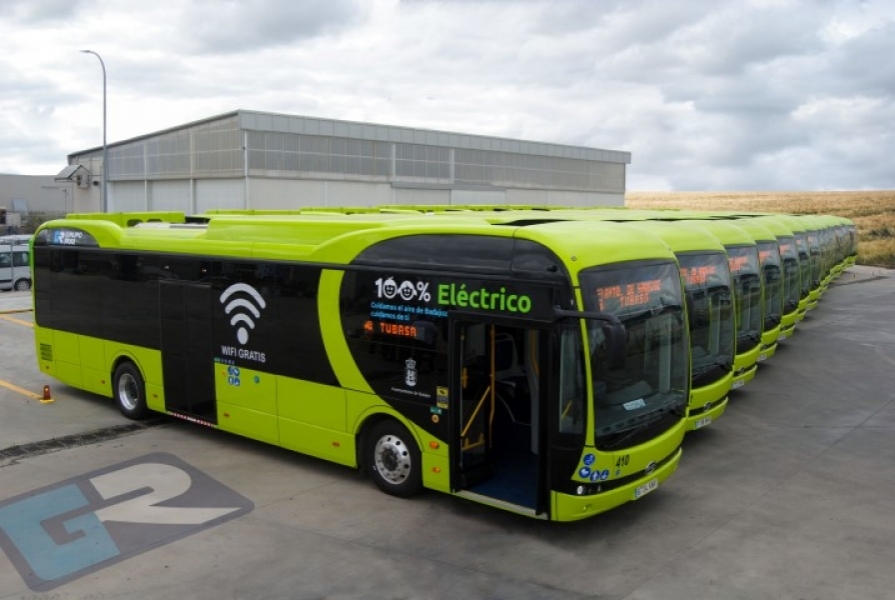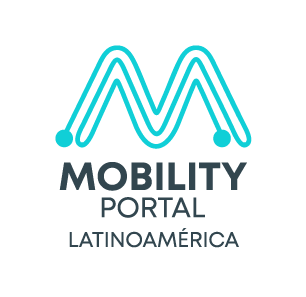While time is running behind a series of constraints imposed to decarbonize the means of transport and behind, the different operators are trying to meet these goals, Badajoz is already three years ago working on its sustainability goals.
Currently, the city, through Grupo Ruiz, has implemented a sustainable mobility system based on the electrification of its urban bus fleets, the implementation of electric carsharing and the use of shared bicycles.
According to Julián Pocostales, manager of Tubasa (local operator) and Minits (carsharing system), in dialogue with Portal Movilidad España: «We want to have everything grouped in the same application that allows citizens to move in one way or another according to their needs».
Three years ago they incorporated the first 15 electric buses from BYD and now they are waiting for another 21 from different brands.
They could be delivered between September and October, but this is not enough and they are going for more.
By 2023 they expect to have all their units electrified, so that the total will be zero emissions. The last 17 buses will be purchased and acquired approximately in June of next year.
This is not the only novelty, but the expectations are that the transport supply will also be sustainable through photovoltaic installations.
«We are going to develop a system whereby we will be able to collect energy through solar panels and supply the entire transportation fleet at different times,» the executive explained.
All this will be combined with a program in which they will have two storage containers, so that those who are not loaded with the logistics of operation, can do so at night.
This initiative is already underway and will be fully operational next year.
Carsharing system
Another key arm of this plan is the system of electric vehicles for use in the city.
The fleet currently consists of 50 cars, mainly from brands such as Renault Twizy with two doors, which allow the use of very small parking spaces.
One of the peculiarities of this offer is that the rates are changing depending on the area and the schedule by means of proprietary software developed by Grupo Ruiz.
«Now we have ordered another 250 vehicles to make a fleet of 300 and maximize this methodology», announces Julián Pocostales.
The only problem they have faced so far is the delivery time from the manufacturers, who are severely affected by the microchip and semiconductor crisis.
Therefore, they expect to receive between the end of this year and next year the first models of this order.
Electric micro-mobility
With regard to micromobility, the Ruiz Group has a well-defined vision.
Currently, its bet is on the implementation of normal and electric bicycles. Today, they already have 21 bases and expect to expand to 37 bases by 2023.
But electric skateboards are completely outside the scope of their strategy.
«The issue of scooter refusal is linked to insurance liability. It is a dangerous system and we want to provide the public with a sustainable and safe model,» he explains.





















